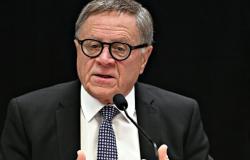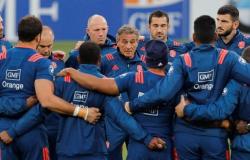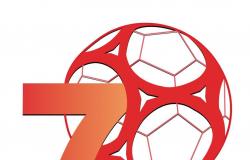The NCAA Division I Council on Thursday approved a rule allowing players with CHL experience to play for American universities starting next season, a historic decision that has the potential to shake up both sides major sources of NHL talent.
The decision, effective Aug. 1, lifts the NCAA’s long-standing ban on the eligibility of CHL players, who were previously considered professionals because they received a monthly stipend of up to $600 for their living expenses.
Approval was expected after the council presented a proposal to lift the ban last month. Players who play junior or professional may retain their NCAA eligibility as long as they do not receive more than actual and necessary expenses.
The ruling also applies to skiing, bringing them in line with the NCAA’s eligibility rules for other sports.
In doing so, the council opened the door to a major change in how players approaching their 16th birthday decide where to play. Rather than having to choose between one or the other, CHL players can now make the jump to the NCAA when they become eligible for college.
This decision could cost the CHL talented players aged 18 and over or flood American university teams with Canadians.
The NCAA’s decision follows a class-action lawsuit filed Aug. 13 in U.S. District Court in Buffalo, New York, challenging the CHL’s player ban.
The lawsuit was filed on behalf of Riley Masterson, of Fort Erie, Ont., who lost his university eligibility two years ago when, at age 16, he played in two exhibition games for the Windsor Spitfires , in the OHL.
The suit lists 10 Division I hockey programs, which were selected to show they are following NCAA regulations by excluding current or former CHL players.
In another development in September, Braxton Whitehead said he had verbally committed to Arizona State, making him the first CHL player to attempt to play Division I college hockey in the United States. The 20-year-old said he plans to play this season for the WHL’s Regina Pats before playing for the Sun Devils in 2025-26.
The allowances received by CHL players are not considered income for tax purposes. College players, meanwhile, receive scholarships and can now earn money through sponsorships and other uses of their name, image or likeness.
The eligibility change could also impact the USHL, which previously attracted players who refused to play in the CHL in order to maintain their college eligibility.
Two recent first-round NHL draft picks, San Jose Sharks forward Macklin Celebrini and Buffalo Sabers defenseman Owen Power, played in the USHL.
Since its inception, the USHL’s development model has been “intentionally aligned with the student-athlete experience,” the league wrote in a statement responding to the NCAA’s decision.
“The USHL remains the development path par excellence. All aspects of the league are focused on preparing athletes for college and professional hockey, including on-ice, academic and personal development. »





